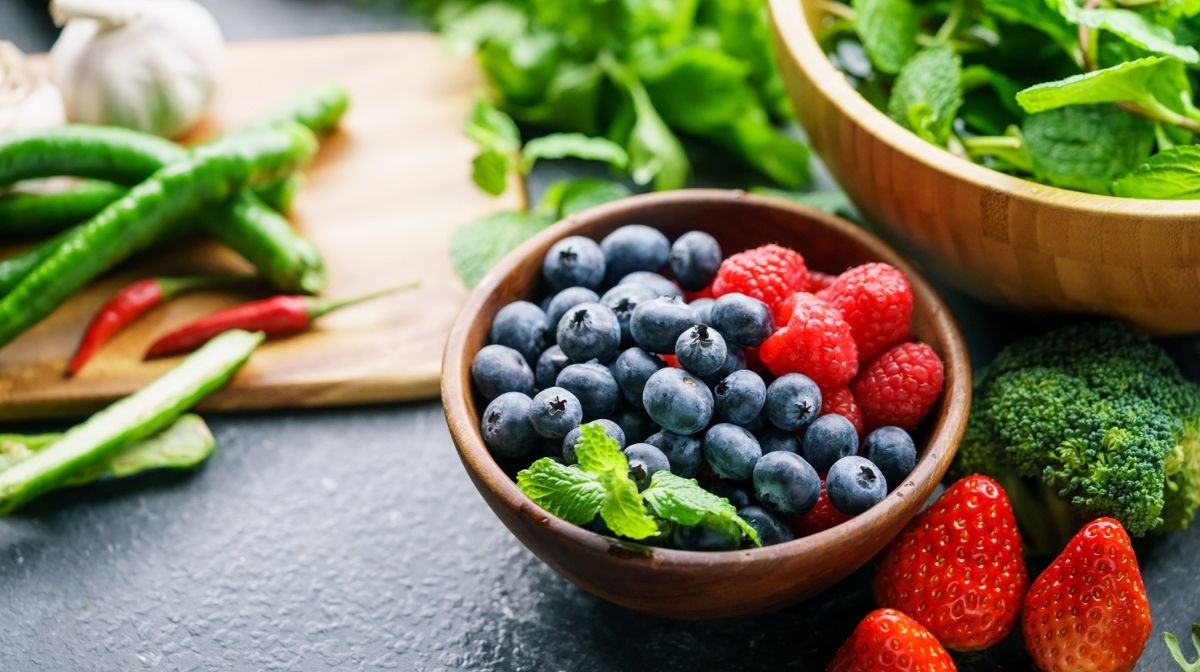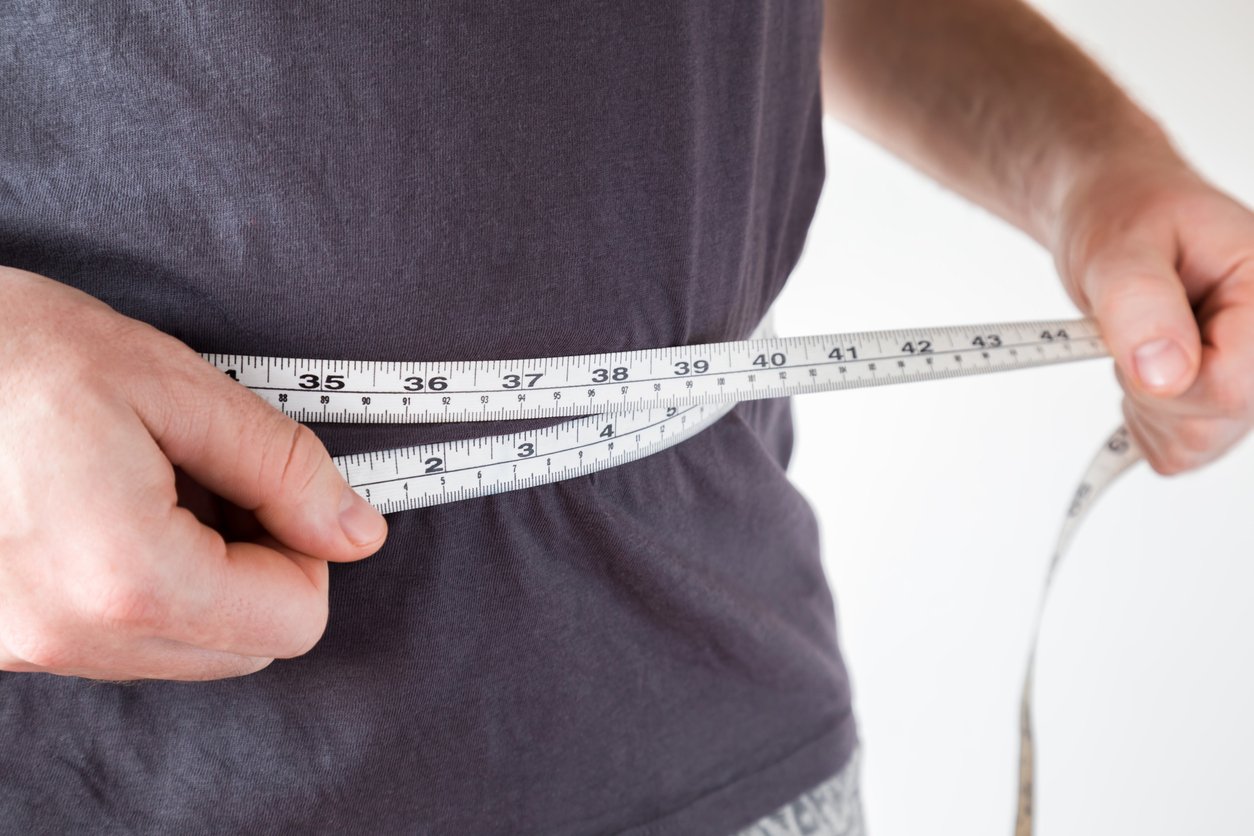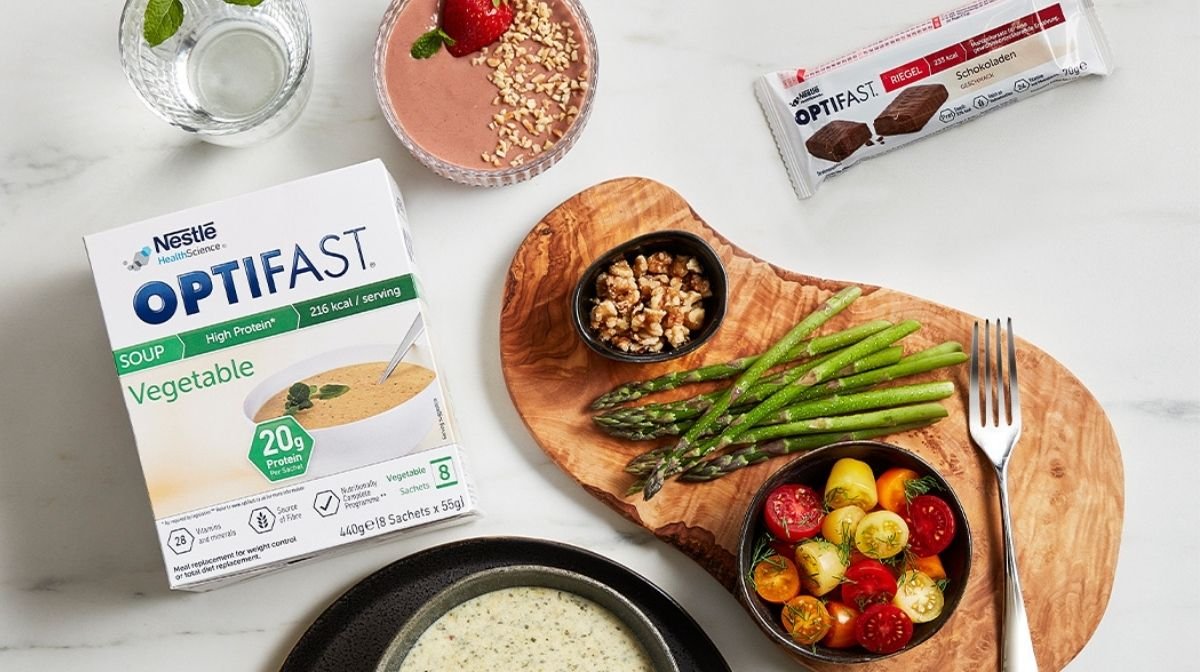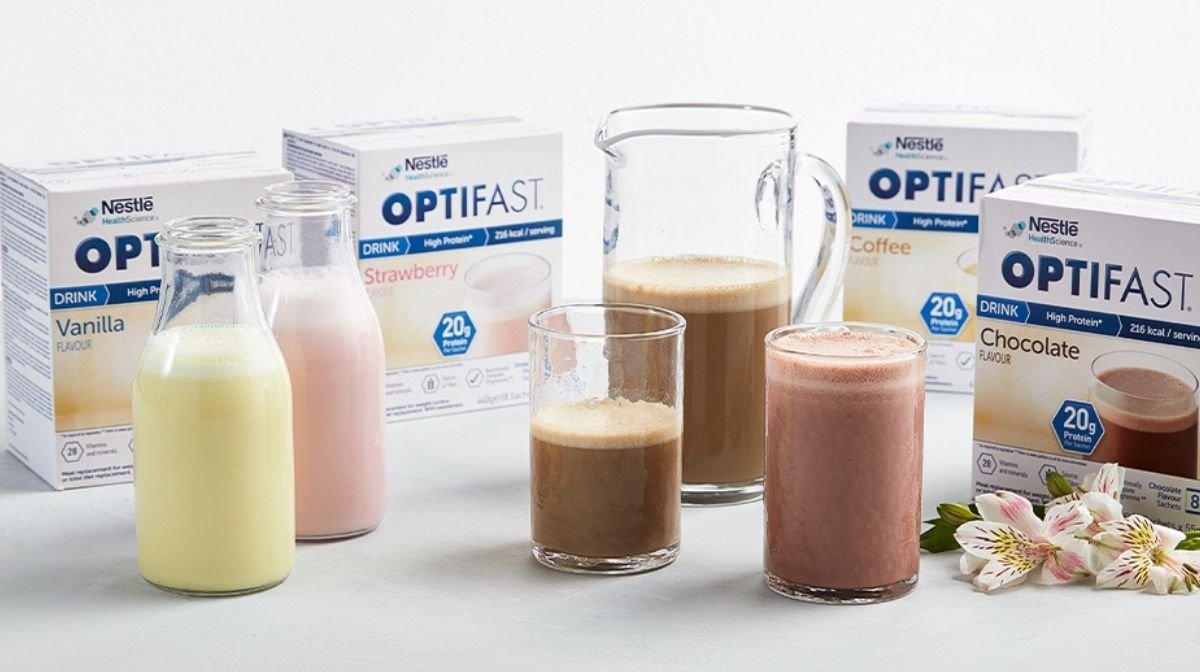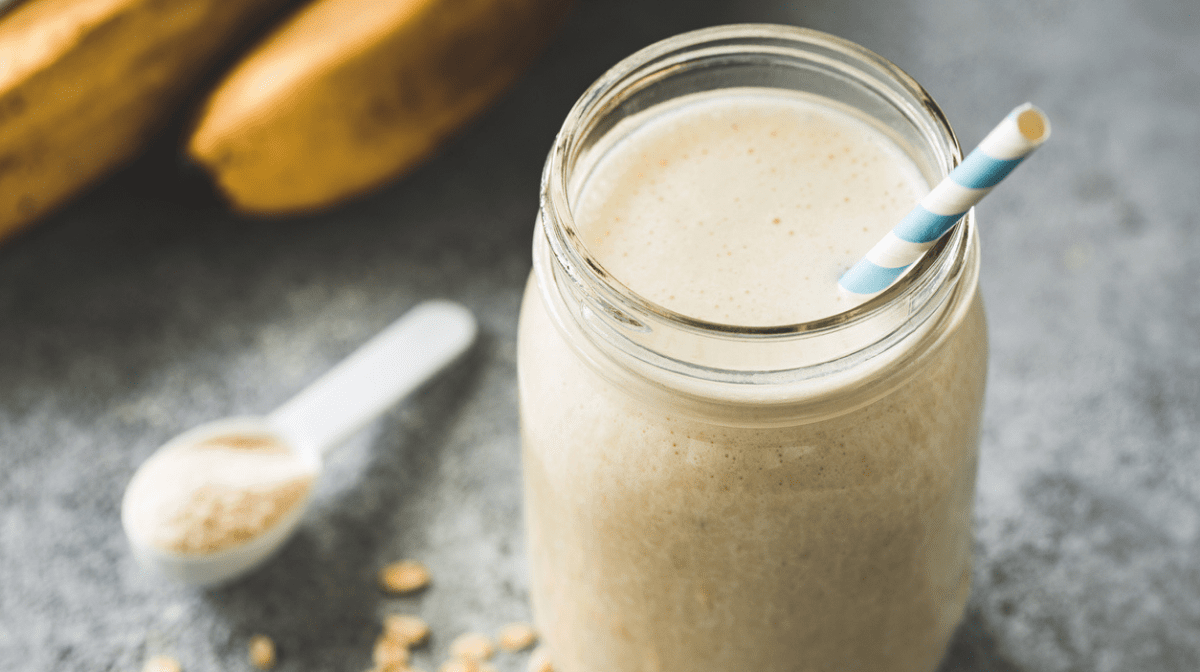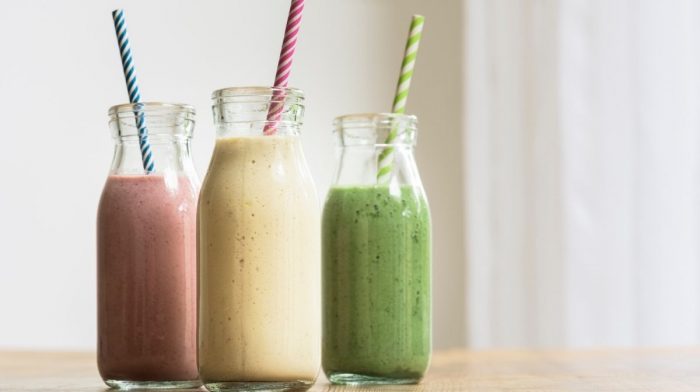World Diabetes Day falls on 14th November each year, while Diabetes Week is celebrated 13-19th June in the UK. To celebrate those with diabetes and bring awareness to this lifechanging condition, we were proud to partner with Health Awareness on the Understanding Diabetes campaign in 2020.
The campaign was featured in every copy of The Guardian newspaper, including exclusive content from key opinion leaders and industry voices on the importance of nutrition for managing and controlling diabetes.
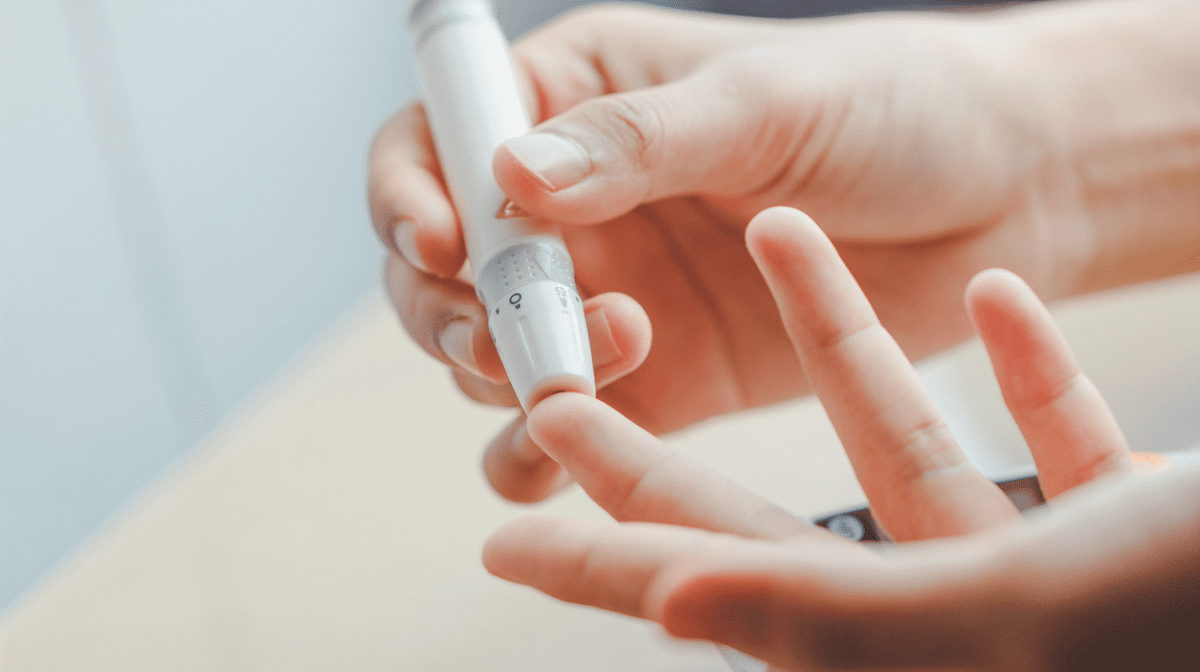
How Nutrition Can Help in the Fight Against Diabetes
“The nutrients and nourishment in our food are essential for growth development and healthy ageing. Too many refined grains, simple sugars and excess calories – and not enough fruit, vegetables and wholegrains – can significantly increase risk of disease,” explains Dr Jamy Ard, professor of epidemiology and prevention at the Wake Forest School of Medicine in the US.
Studies have shown that a healthy diet, reduced calorie intake and weight loss can help people with type 2 diabetes improve and better manage their condition, and even potentially put it into remission.
Dr Basil Issa, a consultant in endocrinology at the Manchester University NHS Foundation Trust, explained:
“There is good evidence that weight loss can improve glycaemic control (i.e. blood glucose levels), which in turn can help and so reduce the risk of diabetes complications, such as damage to eyes, kidneys and nerves.”
What to Eat When You Have Type 2 Diabetes
Eating a healthy, balanced diet can help to reduce the risk of developing type 2 diabetes or help you to better manage your diabetes. Therefore, when you have type 2 diabetes, it is important to try to make healthier food choices and include in your diet more of the following:
- Vegetables
- Fresh fruit
- Wholegrains, including wholewheat pasta, brown rice, and wholegrain bread
- Oats
- Pulses and legumes
- Chicken
- Fish
- Nuts and seeds
- Eggs
- Non-fat or low-fat dairy – milk, yoghurt and cheese
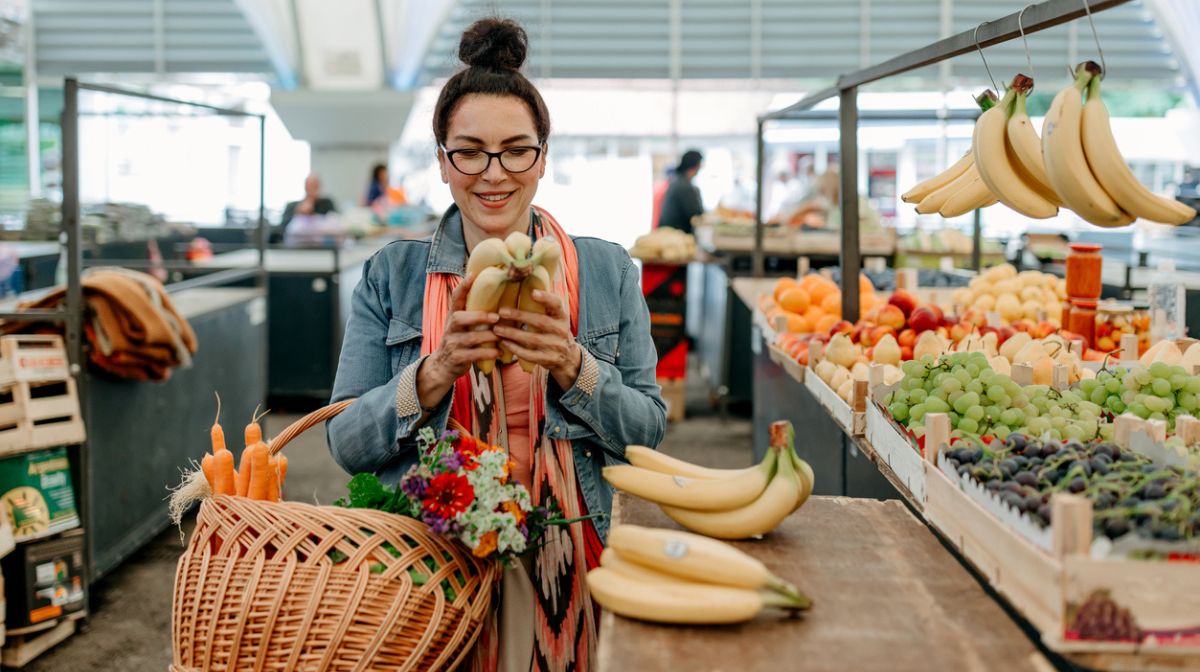
What Foods Should You Avoid or Limit When You Have Type 2 Diabetes?
When a person has type 2 diabetes, avoiding or limiting certain foods can help to improve or better manage their diabetes. Understanding which foods to avoid can help to reduce the health risks associated with diabetes, as well as help with managing your weight. Here are a few suggestions of foods that should be avoided or limited:
- Processed and red meat
- Butter, lard, and ghee
- Biscuits and cakes
- Sweets
- Pies and pastries
It is also advised to reduce your consumption of fizzy drinks, energy drinks, and alcohol due to the high sugar content.
Understanding the importance of good nutrition is the first step to better managing your diabetes and overall health.
OPTIFAST Meal Replacement Products
We have a range of meal replacement products to help you while on a weight loss programme. All of our Shakes, Soups, Bars and Desserts contain at least 20g of protein per serving and are high in fibre.
